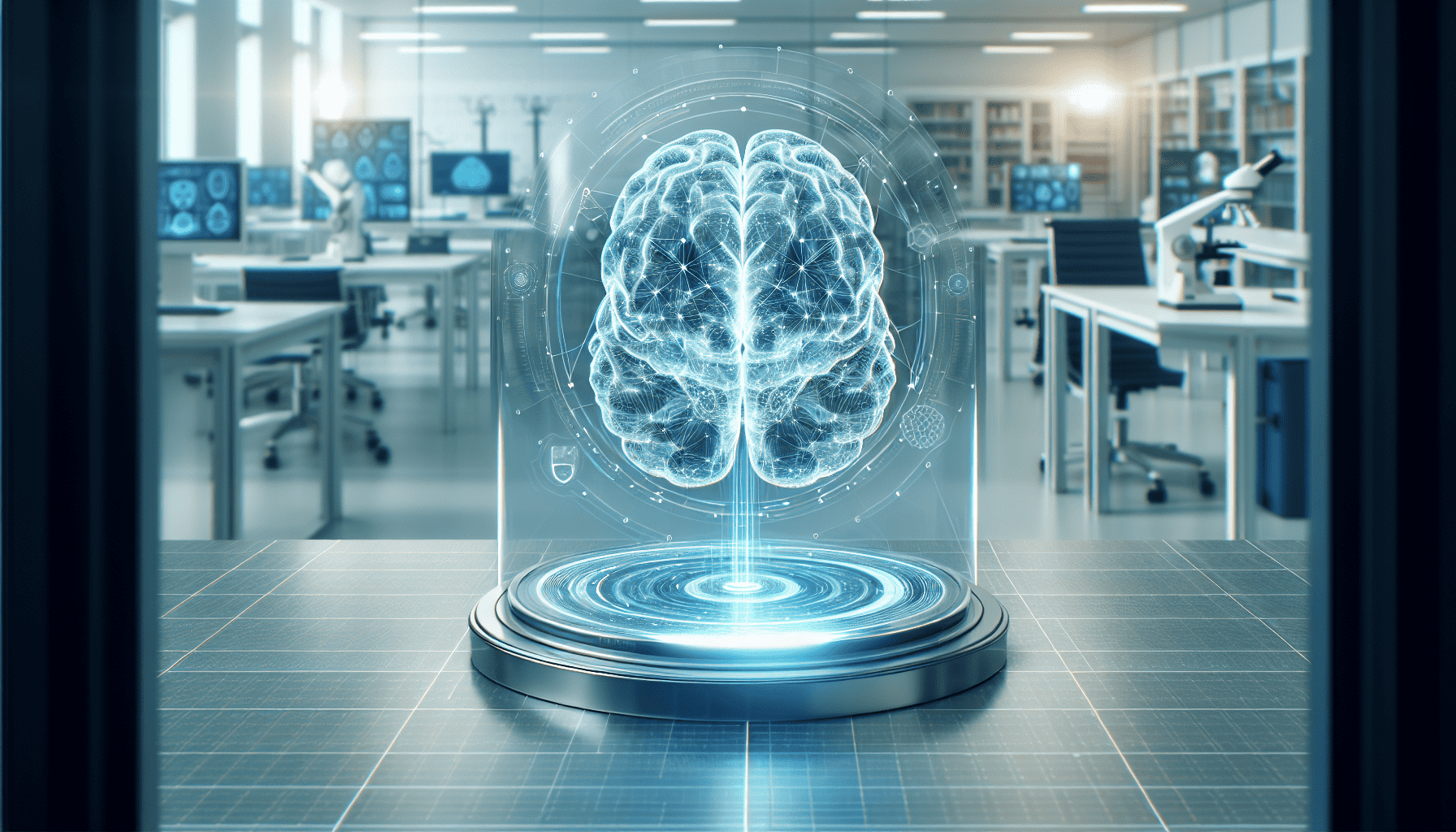Artificial intelligence (AI) has emerged as a groundbreaking force in the realm of medical research, reshaping the landscape of disease diagnosis and treatment in the United States. The intersection of AI and healthcare not only promises increased accuracy and efficiency but also introduces the potential for innovative therapeutic strategies, fundamentally altering patient outcomes.
The use of AI in medical research is vast and multifaceted. At its core, AI employs algorithms and computational models to mimic human intelligence, executing tasks that traditionally required human intervention. In the context of medical research, these tasks include data analysis, pattern recognition, and predictive modeling, each contributing to a deeper understanding of complex health conditions.
One of the primary applications of AI in the medical field is in the realm of disease diagnosis. AI systems, particularly those powered by deep learning, can analyze medical images with remarkable precision. Radiology, for instance, has seen significant advancements through AI technologies that are capable of detecting anomalies in X-rays, MRIs, and CT scans, often with greater accuracy than human radiologists. This not only speeds up the diagnostic process but also minimizes the likelihood of oversight and error, allowing for quicker initiation of appropriate treatments.
Moreover, AI is being harnessed to unveil patterns and correlations in large datasets that would be impractical for humans to identify. In genomics, for example, AI can sift through extensive genetic information to pinpoint mutations linked to specific diseases. This has enormous implications for personalized medicine, where treatments are tailored to individual genetic profiles, enhancing efficacy and minimizing adverse effects.
AI's predictive capabilities are another area where it is revolutionizing medical research. Machine learning models can be used to predict disease outbreaks, track their progression, and simulate various intervention scenarios, providing public health officials with crucial insights for decision-making. Similarly, AI can predict patient responses to specific treatments or identify those at risk for certain diseases based on historical medical data, allowing for proactive and preemptive healthcare measures.
The development of new drugs is another frontier where AI is exerting its transformative influence. Traditionally a time-consuming and resource-intensive process, drug discovery is being expedited by AI algorithms that can identify promising molecular candidates with potential therapeutic effects. These algorithms can model interactions at the molecular level, significantly reducing the costs and time involved in bringing new drugs to market.
Despite these promising advancements, the integration of AI into medical research is not without challenges. Concerns around data privacy, the ethical use of AI, and the need for regulatory oversight are paramount. It is crucial to ensure that AI systems in healthcare are transparent, accountable, and designed to augment human decision-making, not replace it. Furthermore, addressing the digital divide that may exacerbate health disparities is essential to ensure the benefits of AI are universally accessible.
In conclusion, AI stands at the forefront of a new era in medical research, driving innovations that hold the potential to redefine disease diagnosis and treatment in the United States. As technology continues to evolve, the collaborative efforts of researchers, clinicians, and technologists will be instrumental in navigating the challenges and harnessing the full potential of AI to improve health outcomes for all. The journey is not without hurdles, but the promise of AI in healthcare is undeniable, offering a glimpse of a future where precision and personalized medicine are within reach for everyone.
